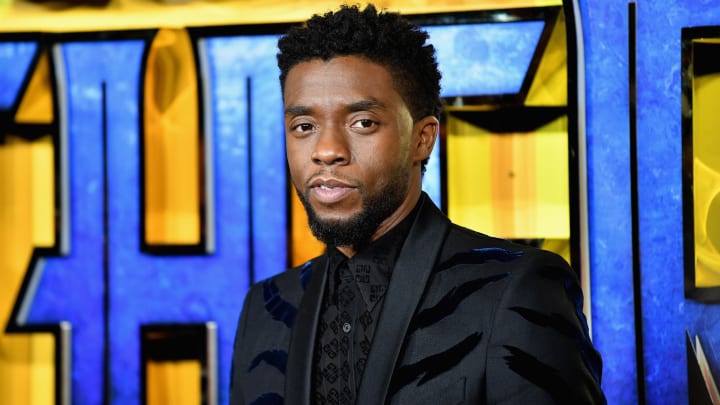Black Panther: The Rise of a Cultural Icon

Black Panther, also known as T'Challa, is one of Marvel's most groundbreaking and influential superheroes. Created by writer Stan Lee and artist Jack Kirby, Black Panther first appeared in "Fantastic Four" #52 in 1966. As the first Black superhero in mainstream American comics, Black Panther's journey from the pages of comic books to the big screen represents a significant cultural milestone. His story is one of heritage, identity, and the pursuit of justice, resonating with audiences around the world.
T'Challa is the king of Wakanda, a fictional African nation rich in vibranium, a powerful and versatile metal. Wakanda's advanced technology and isolationist policies have kept it hidden from the rest of the world. As Black Panther, T'Challa possesses enhanced abilities, including superhuman strength, agility, and senses, granted by the heart-shaped herb. He also dons a suit made of vibranium, which enhances his physical prowess and provides protection.
Black Panther's introduction in the 1960s was a bold and revolutionary move, challenging the predominantly white landscape of superhero comics. T'Challa's intelligence, strength, and regal demeanor set him apart as a powerful and inspiring figure. His dual role as both a superhero and a king adds complexity to his character, as he navigates the responsibilities of leadership while protecting his people and the world.
One of the defining aspects of Black Panther's character is his connection to his heritage and culture. Wakanda's rich history and traditions are integral to T'Challa's identity, influencing his decisions and actions. This cultural depth adds layers to his story, highlighting the importance of heritage and the impact of cultural representation in media.
Black Panther's solo series, "Black Panther" #1, launched in 1977, written by Jack Kirby, further developed T'Challa's character and the world of Wakanda. Subsequent writers, including Christopher Priest and Ta-Nehisi Coates, have explored various aspects of T'Challa's story, delving into themes of politics, family, and social justice. These narratives have solidified Black Panther's place as a complex and multifaceted hero.
The character's transition to the Marvel Cinematic Universe (MCU) was a significant moment in superhero cinema. Chadwick Boseman's portrayal of T'Challa in "Captain America: Civil War" (2016) introduced Black Panther to a global audience. Boseman's performance, characterized by dignity, strength, and vulnerability, captured the essence of T'Challa and set the stage for his solo film.
"Black Panther" (2018), directed by Ryan Coogler, was a landmark film that transcended the superhero genre. The film's exploration of African culture, identity, and social issues resonated with audiences and critics alike. "Black Panther" was praised for its diverse cast, rich storytelling, and stunning visuals, becoming a cultural phenomenon and a symbol of representation in Hollywood.
The film's success was not just a triumph for superhero cinema but also a significant cultural moment. It showcased the power of representation and the importance of diverse storytelling. "Black Panther" became a source of pride and inspiration for Black audiences, highlighting the significance of seeing themselves reflected in heroic roles.
Black Panther's journey in the MCU continued in "Avengers: Infinity War" (2018) and "Avengers: Endgame" (2019), where T'Challa played a crucial role in the battle against Thanos. These films further cemented his status as a key figure in the MCU, showcasing his leadership and heroism on a global scale.
The legacy of Black Panther is set to continue with "Black Panther: Wakanda Forever" (2022), which will explore the impact of T'Challa's legacy and the future of Wakanda. The film aims to honor Chadwick Boseman's memory and continue the narrative of Wakanda's cultural significance.
In conclusion, Black Panther's rise from comic book pages to a cultural icon is a powerful story of heritage, identity, and representation. T'Challa's journey as a superhero and a king resonates with audiences, showcasing the importance of cultural depth and diverse storytelling. As Black Panther, T'Challa remains a symbol of strength, justice, and pride, inspiring generations and highlighting the transformative power of representation in media.